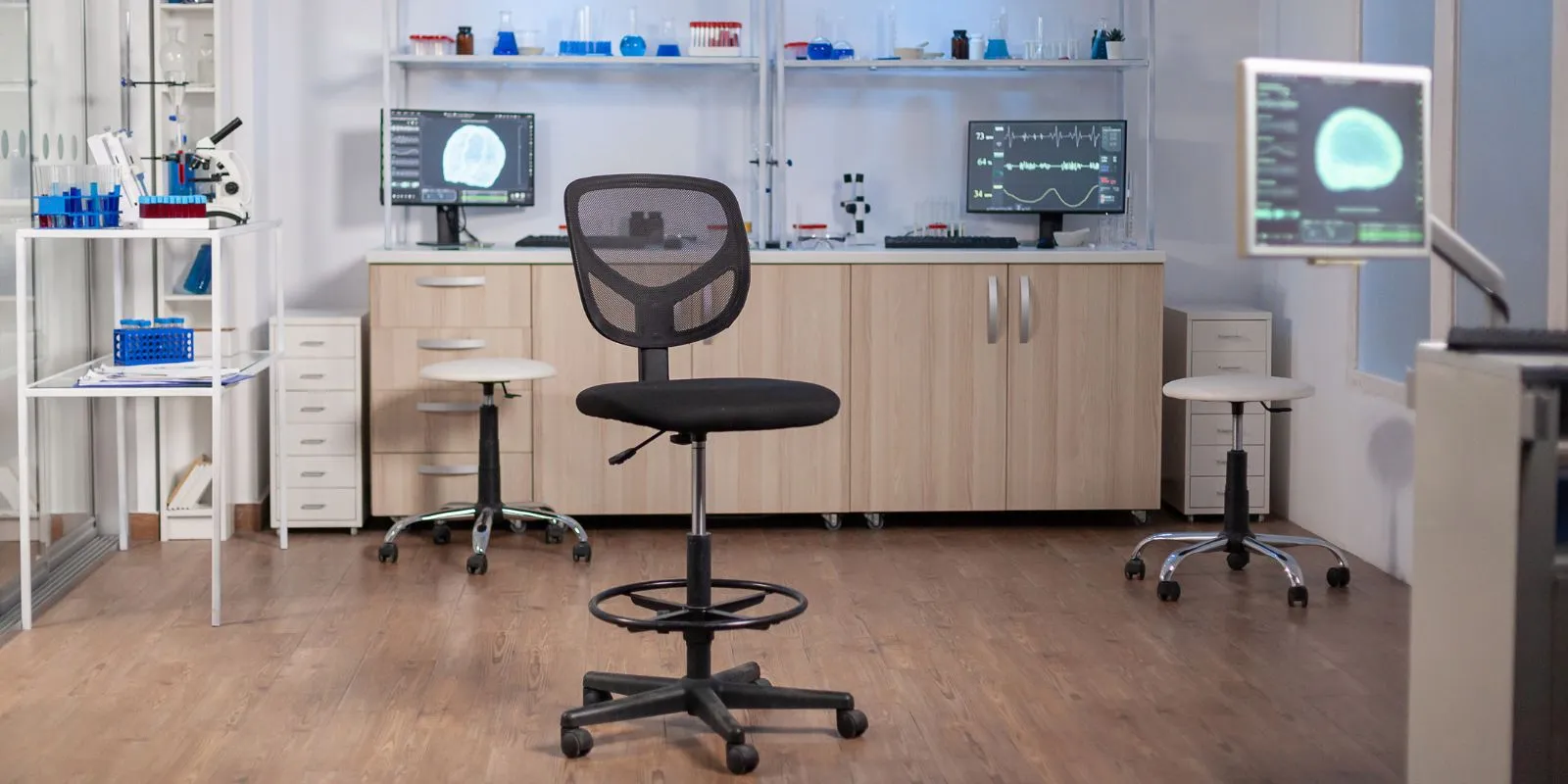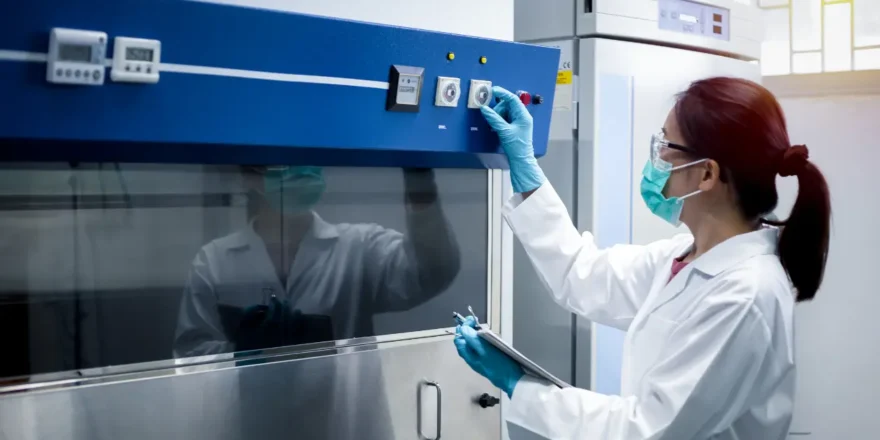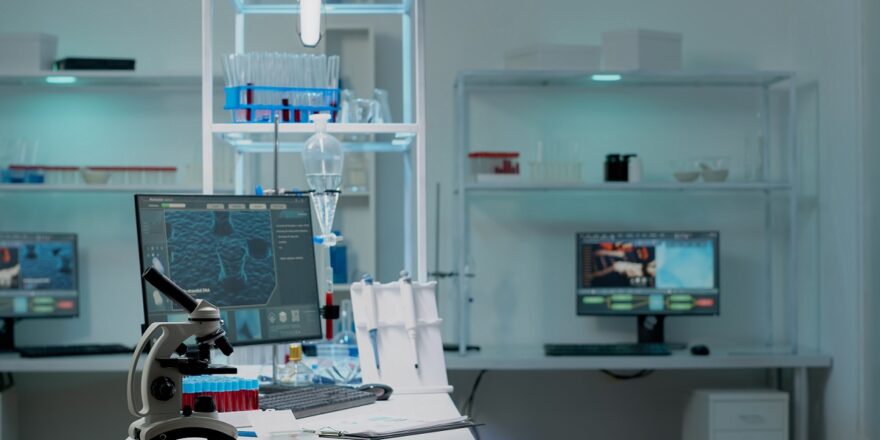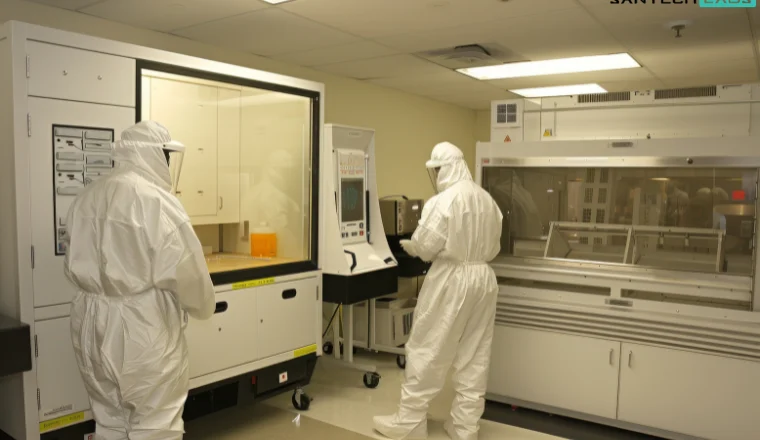Science, technology, engineering, and maths (STEM) education is more important than ever in the contemporary world. Constructing and building laboratory facilities in educational institutions has become essential to give pupils the most excellent education possible. Choosing suitable laboratory furniture is a crucial component in designing these lab rooms. Schools and universities choose modular laboratory furniture more frequently because it has several benefits over conventional equipment.
This article will review seven benefits of modular laboratory products in educational institutions. The modular laboratory offers a variety of advantages that make it the best option for schools and colleges, from flexibility and cost-effectiveness to safety and sustainability.
Top 7 Advantages Of Modular Lab Furniture
Flexibility
Modular laboratory furniture’s adaptability is one of its main benefits. Modular furniture is simple to reorganise, expand, or remove to accommodate shifting research and instructional demands. This makes it simple for educational institutions to change the laboratory area to suit the evolving needs of professors and students. This adaptability is crucial in the quickly growing and fast-paced field of STEM education. Educational institutions can ensure that they are giving students the most current and relevant instruction by rapidly changing the form and arrangement of the laboratory space. Using separate parts that are simple to build and disassemble is a crucial step in achieving this flexibility. As a result, rearranging the laboratory’s layout is simple and doesn’t require expensive upgrades. Modular laboratory furniture also makes it simple to expand or modify as the demands of the lab change. This means that the laboratory area can be modified to suit new equipment as it becomes available without requiring extensive remodelling or furniture replacement.
Cost-Effectiveness
Modular laboratory furniture’s affordability is another critical benefit. As it is easily reconfigurable and expandable rather than requiring to be replaced, modular furniture is frequently less expensive than traditional furniture. Because the table may be modified to meet the laboratory’s changing needs, this saves money in the near term and over time. The use of standardised parts is one method by which modular laboratory furniture is affordable. Due to their ability to be mass-produced at a reduced cost, these standardised components are frequently less expensive than custom-made furniture. Modular laboratory furniture is also more cost-effective in the long run. It reduces the need for pricey and time-consuming upgrades because it is made to be readily rearranged, added to, or removed.
Safety
Safety is another consideration in the design of modular laboratory furniture. To protect the security and comfort of students and professors as they work, many modular furniture solutions include built-in features like adjustable height workstations, ergonomic design, and better ventilation. This is crucial in laboratories where chemicals and other potentially dangerous products are employed. For instance, adjustable height workstations let instructors and students work comfortably, lowering the chance of strain and damage. The laboratory is free of harmful chemicals and particulates thanks to improved ventilation systems, such as HEPA filters.
Sustainability
For educational organisations, modular laboratory furniture is another environmentally friendly choice. Numerous eco-friendly materials are used to create modular furniture systems. These systems are meant to be readily disassembled, repaired, and reused, reducing the need for replacement and disposal. This lessens the laboratory’s negative influence on the environment and lowers expenditures over time. Modular laboratory furniture has a lower environmental effect because it is made of environmentally acceptable materials. Modular laboratory furniture is frequently made from materials like bamboo, recycled plastic, and other sustainable resources. In addition, modular laboratory furniture is readily disassembled and renovated, enabling reuse as opposed to replacement. This makes the laboratory more sustainable by lowering the garbage quantity.
Customizability
Also very customisable is modular laboratory furniture. Educational institutions can pick from various colours, materials, and finishes to design a practical and aesthetically pleasing lab. As a result, learning environments for students are made more exciting and dynamic. A laboratory space that reflects an educational institution’s brand and culture can be made possible by customisation. It can be accomplished by utilising hues, materials, and finishes that complement the institution’s aesthetic. The flexibility to customise a laboratory area also enables institutions to design a facility suited to the individual requirements of their teachers and students.
Space Efficiency
The furniture for laboratories is modular to maximise available space. Numerous modular solutions are made to be space-saving and more portable than conventional furniture, enabling educational institutions to maximise their lab space. This is crucial for schools and institutions that have a restricted amount of space. Because it is built to be space-efficient, modular laboratory furniture is smaller than traditional furniture. Compact designs and the capability to stack or nest furniture when not in use are used to achieve this. Furthermore, many modular laboratory furniture solutions are made simple to rearrange, enabling institutions to maximise their lab space.
Durability
It is furthermore made to last a long time, modular laboratory furniture. Numerous modular systems are constructed with premium components that are intended to endure the rigours of a laboratory environment. This makes it more likely that the furniture will last for many years and represent a wise investment for educational institutions. Modular laboratory furniture is made to be sturdy and resilient, so it is long-lasting. High-quality, stain- and abrasion-resistant materials are used to achieve this. A lot of modular laboratory furniture systems are also made to be easily fixed, which increases the furniture’s lifespan and makes the modular lab furniture the best choice for the research facility.
The Conclusion
Educational organisations wishing to design practical, secure, and environmentally friendly lab environments should consider modular laboratory furniture. Modular laboratory furniture is superior to conventional furniture in several ways, including flexibility, cost-effectiveness, safety features, sustainability, customizability, space efficiency, and durability. And if you are stuck, Santech Labs, the leading laboratory furniture manufacturer and supplier in India, can assist you in designing the most suitable lab furniture for your institution.




